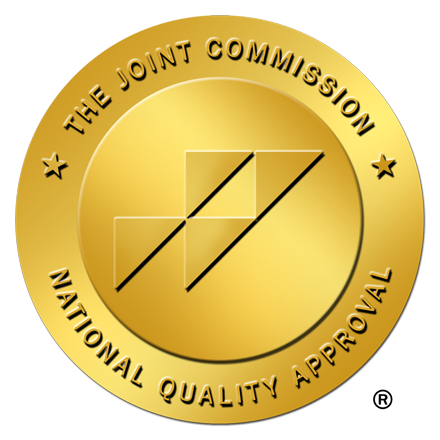Questions? Call for Help Now
EMDR involves a structured eight-phase treatment protocol that integrates elements of cognitive-behavioral therapy (CBT), mindfulness techniques, and bilateral stimulation (such as eye movements, hand tapping, or auditory tones).
It’s primarily used to treat clients with trauma but can be applied to other mental health conditions like anxiety, depression, and phobias as well.

Featured facility: Capo Beach
Helping clients reprocess trauma for less distressing memories
Bilateral stimulation is a cornerstone of EMDR therapy. It involves rhythmic left-right movements or tactile sensations that engage both hemispheres of the brain. This can be achieved through eye movements guided by the therapist’s fingers, tapping on the client’s hands, or auditory tones.
Bilateral stimulation helps activate the brain’s natural processing mechanisms, facilitating the reprocessing of traumatic memories and promoting adaptive resolution.
Resource installation is a technique used in EMDR therapy to strengthen positive internal resources that support healing and resilience. Therapists guide clients in accessing memories, experiences, or sensations that evoke feelings of safety, comfort, and strength.
These resources are then vividly imagined and paired with bilateral stimulation to enhance their accessibility and effectiveness in times of distress.
The future template technique in EMDR therapy involves imagining positive future scenarios and goals while simultaneously engaging in bilateral stimulation. Clients visualize themselves achieving their desired outcomes and experiencing feelings of empowerment, success, and fulfillment.
By pairing these positive visions with bilateral stimulation, EMDR helps integrate adaptive beliefs and behaviors, paving the way for lasting change and growth.
Yes, EMDR therapy has been shown to be effective in treating a wide range of mental health conditions, including post-traumatic stress disorder (PTSD), anxiety, and depression. Research and clinical studies support its efficacy in reducing symptoms and improving overall well-being.
Here’s a complete list of what EMDR can help with:
You can find an EMDR therapist near you by searching online directories, therapist referral services, or by asking for recommendations from your primary healthcare provider or mental health professionals. It’s essential to choose a therapist who is trained and experienced in EMDR therapy techniques.
Alter offers EMDR from the best staff in the country. Call (866) 989-3395 for your free consultation.
Call Now for Program Availability
Contact our admissions team to learn about our programs and to check availability at our facilities, or submit your insurance to verify coverage.
We accept most major insurance providers including the ones displayed here.
Submit your insurance to confirm coverage.










We accept most major insurance providers including the ones displayed here.
Submit your insurance to confirm coverage.




















Our facilities have been awarded prestigious recognition and certifications by adhering to rigorous guidelines and exceeding quality standards with consistent, safe & effective healthcare services.


We are on a mission to improve the lives of people with mental health conditions.
34270 Pacific Coast Hwy
3rd Floor
Dana Point, CA 92629
Questions? Call now to speak confidentially with an admissions counselor.